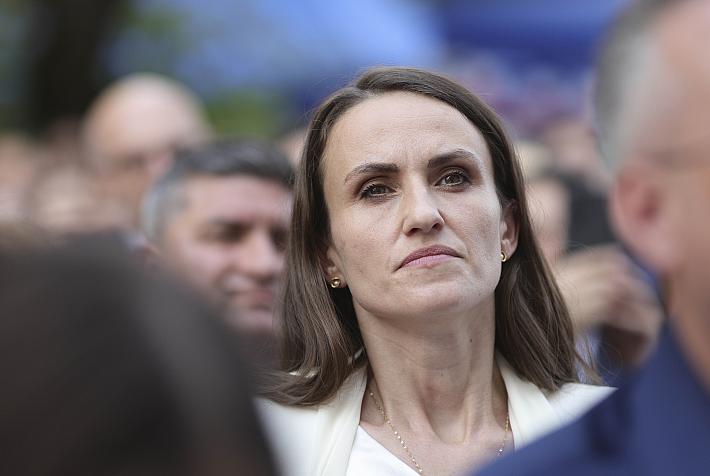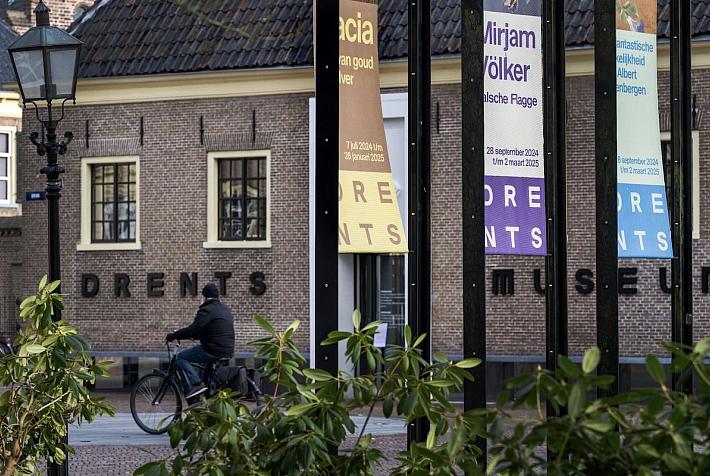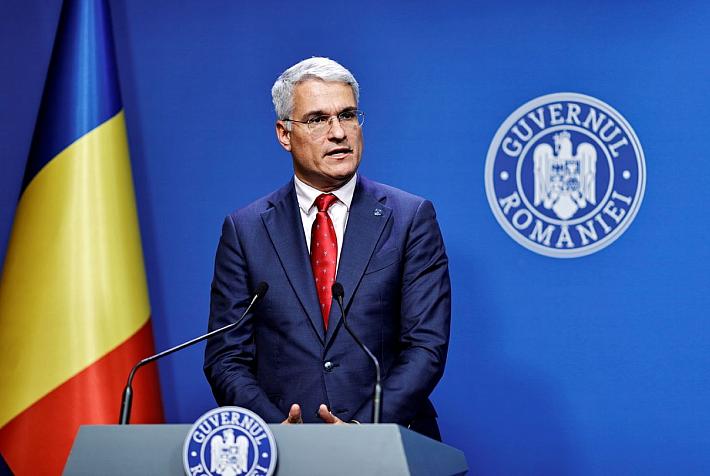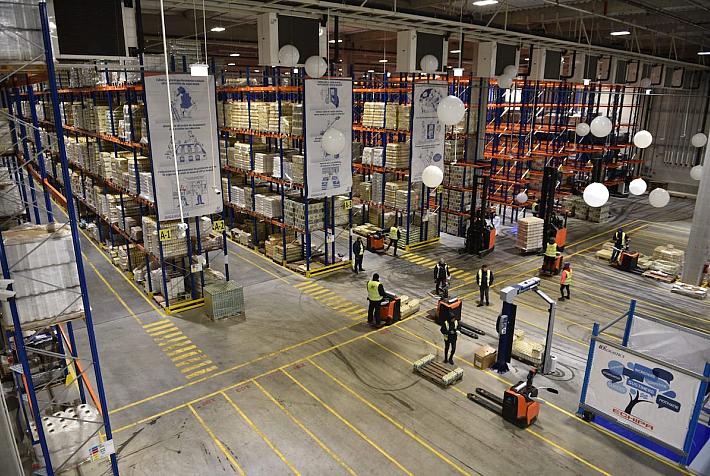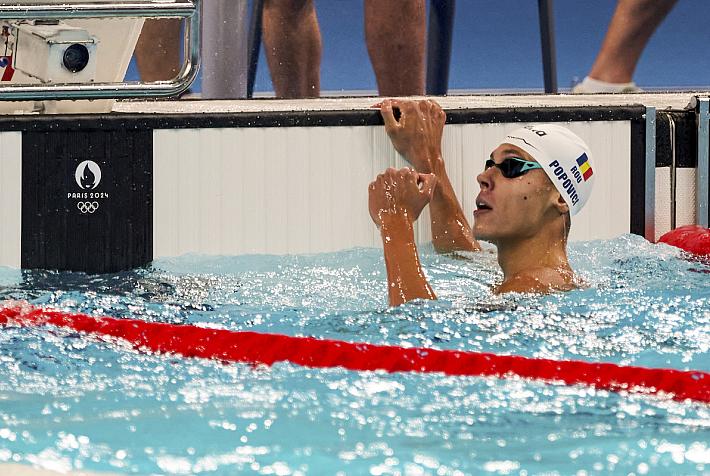French foreign affairs official: Romania must continue to strengthen rule of law
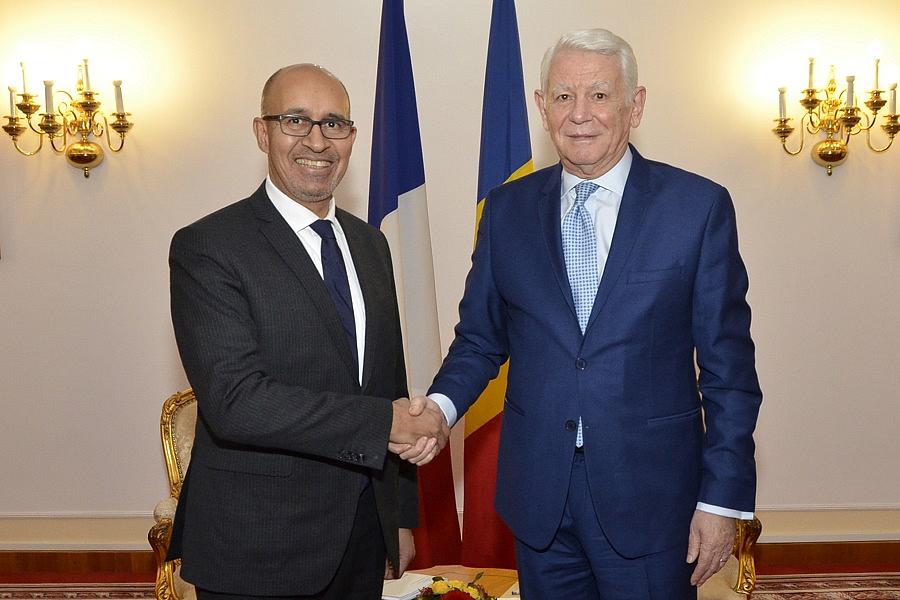
Continuing to strengthen the rule of law and the fight against corruption is a decisive stake for Romania’s future, said the state secretary for European Affairs within the French Foreign Affairs Ministry, Harlem Désir, during a visit to Bucharest on Monday, January 30.
Désir (left) met with Romanian foreign affairs minister Teodor Melescanu. The European Commission recent report on Romania’s progress in the justice system and the fight against corruption, also known as the CVM report, was an important theme in the talks between the two officials.
“The CVM report on Romania is positive, balanced, complete, and points to the last stages for this mechanism to be lifted. What is important, from our point of views, is the consolidation of Romania’s efforts in recent years to ensure the effective reform implementation so that they become irreversible,” the French official said.
He added that “wisdom and dialogue will help answer this European Commission report in a positive way.”
Romanian foreign minister Teodor Melescanu said that Romanian firmly supported the “European project”, but made no reference to the CVM report.
Former Prime Minister Calin Popescu Tariceanu, the leader of the Alliance of Liberals and Democrats (ALDE), which is also the party that supported Melescanu for the foreign affairs minister position, recently said that Romania should pull out of the Mechanism for Cooperation and Verification (CVM).
The CVM was a safeguard measure imposed on Romania and Bulgaria when they joined the EU, in January 2007, as the two countries didn’t meet specific benchmarks in the areas of judicial reform and the fight against corruption as well as organized crime (in Bulgaria’s case). The European Commission has been monitoring the two countries’ progresses in these areas in the past ten years.
The most recent CVM report on Romania, released on January 25, acknowledges Romania’s major progresses in reforming its justice system and fighting corruption in the last ten years. However, the report points out that the finalization of these important reforms “has proved difficult and points to continued shortcomings.”
“Important amendments to the Criminal Codes tabled by the Government to align provisions with Constitutional Court rulings were still pending at the end of the legislatures in December 2016 while attention was given to amendments in Parliament which raised controversy on the grounds of weakening the legal framework on corruption, even if these have not been passed. On January 18, 2017, the Government put forward for consultation two draft emergency ordinances, one on pardon and one amending the Criminal Code and Code of Criminal Procedures,” the CVM report mentions.
The two emergency ordinance drafts the report refers to have been challenged by Romania’s President, general prosecutor, and other top justice officials, as well as by the civil society. Some 90,000 Romanians went to the streets on Sunday, January 29, to protests against the proposed measures, which would undermine the country’s fight against corruption.
German Chancellor Angela Merkel called President Klaus Iohannis last week to express her concern about these initiatives on justice. “Diluting the intensity of the fight against corruption and relativizing the rule of law and reforms would be an absolutely wrong signal,” Merkel told Iohannis, according to the German Federal Government’s spokesman, Steffen Seibert.
Romania's Foreign Affairs Minister challenges US Ambassador for media statements
editor@romania-insider.com







